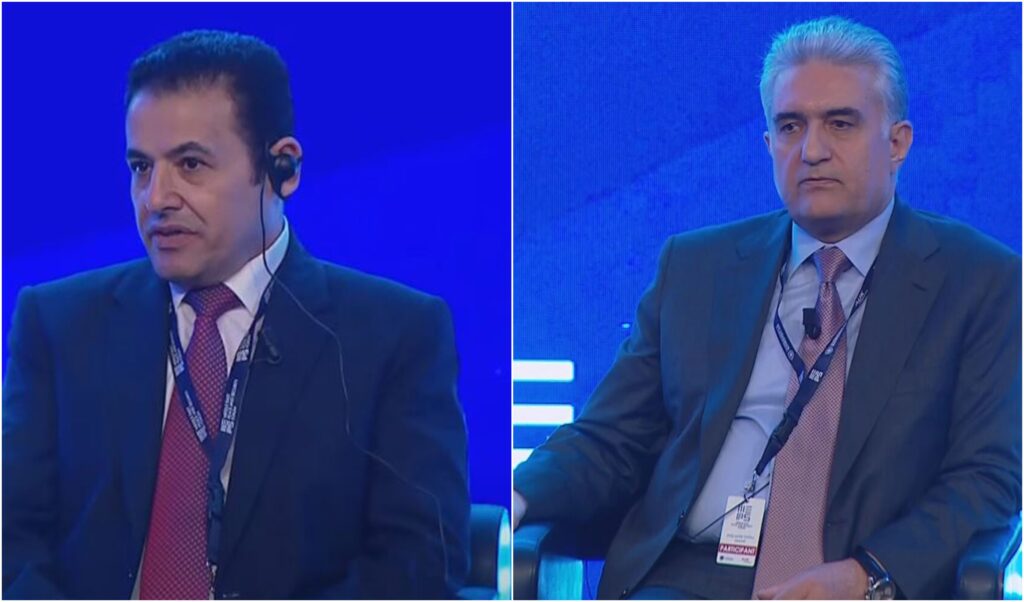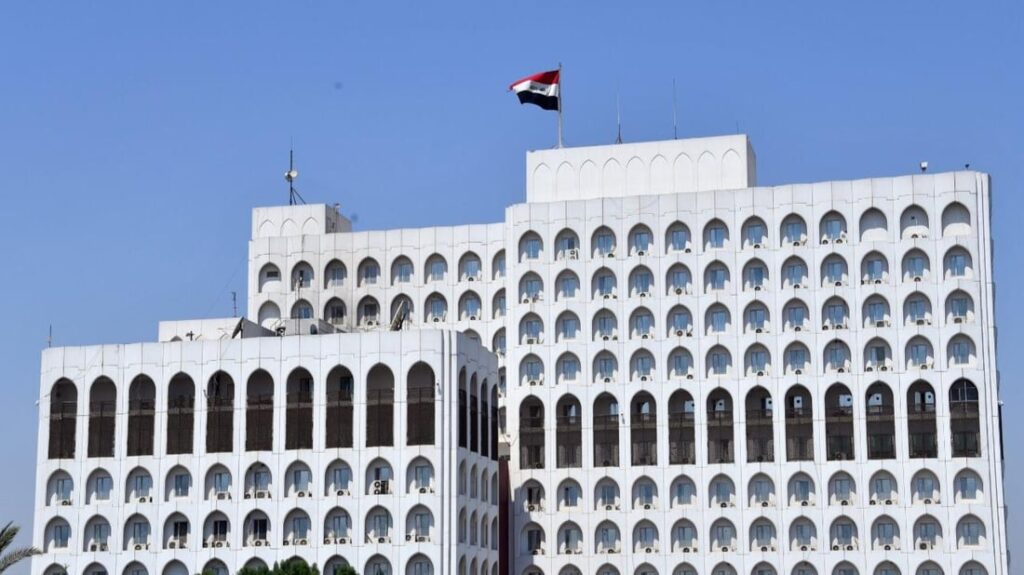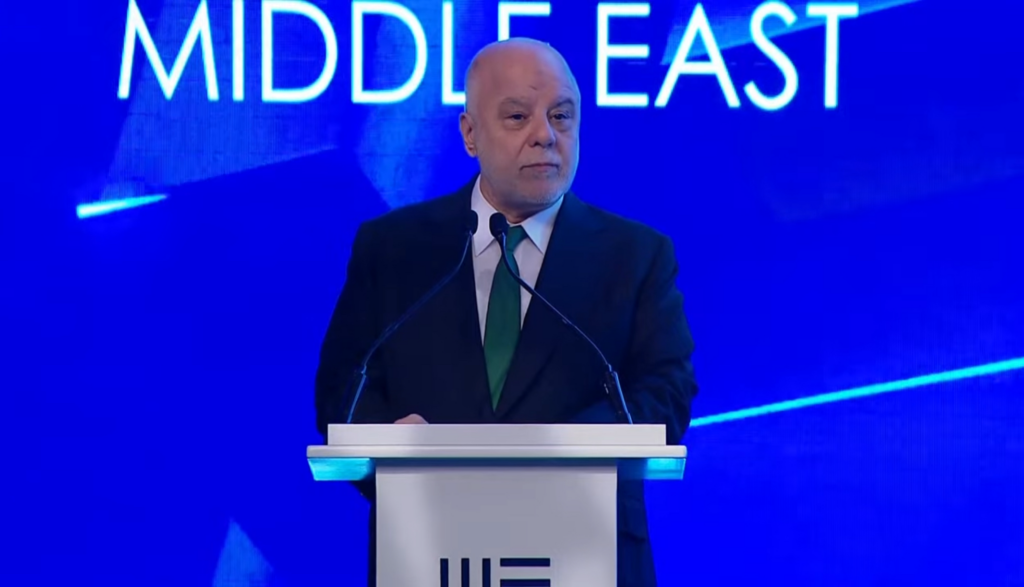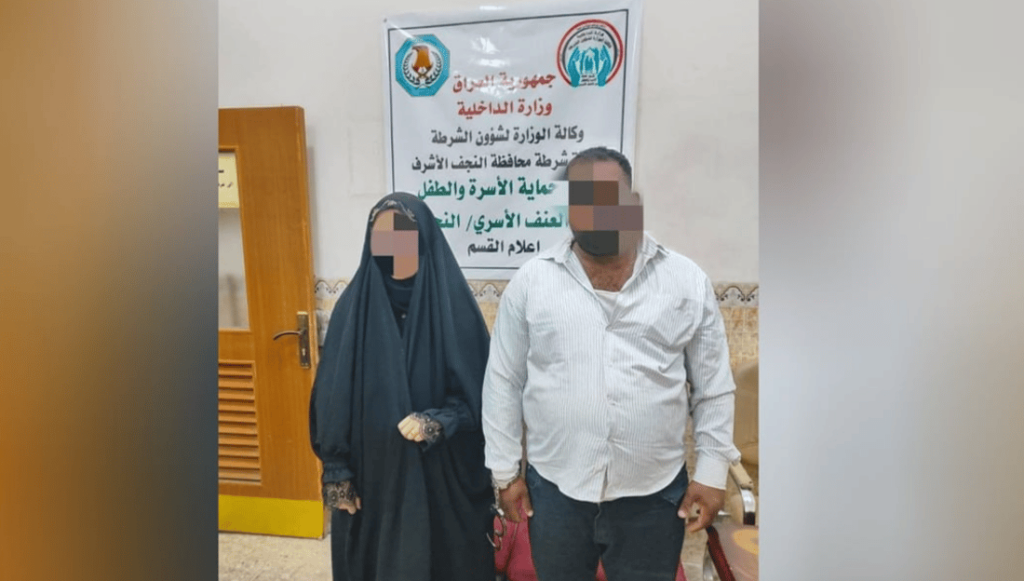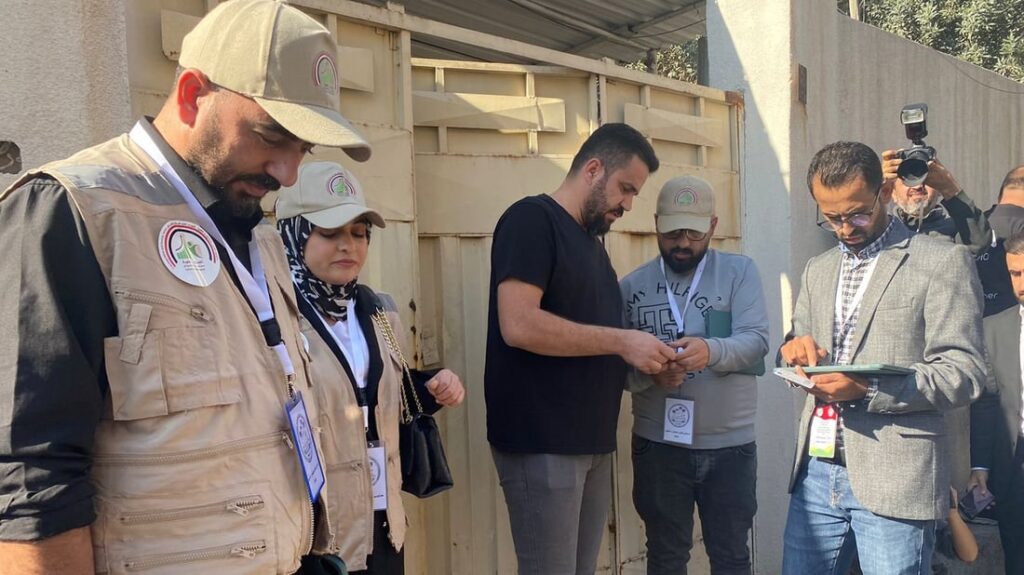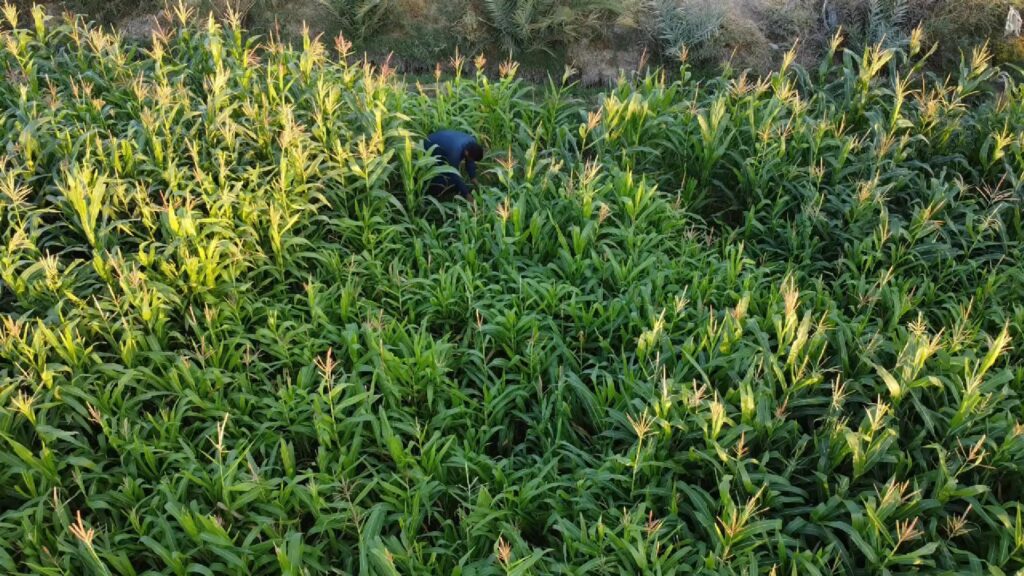Iraq: United Nations expresses concern over return of IDPs from Ninewa to AlAnbar, Kirkuk and Salah al-Din governorates [EN/AR/KU]
2 September 2019 (Baghdad) - Humanitarian Coordinator of the United Nations in Iraq Marta Ruedas expressed her concerns regarding the means and methods of transfers of internally displaced persons (IDPs) living in camps in Ninewa Governorate over the past ten days. Since 23 August, Ninewa governorate authorities have begun repatriating IDPs who are not from Ninewa to their governorates of origin, often with little notice or apparent planning. The situation on the ground is fluid, and reported numbers fluctuate, but thus far, approximately 300 families (an estimated 1600 people) have been returned from Hamam Al Alil, As Salamiyah and Nimrud camps in Ninewa to locations in Al-Anbar, Kirkuk and Salah Al-Din governorates.
“I am concerned about the lack of organization and advanced communication with affected communities and humanitarian partners,” said Ms. Ruedas. “While acknowledging the Government of Iraq’s expressed desire for IDPs to return home at the earliest opportunity, all such returns should take place within agreed-upon frameworks and with due consideration for humanitarian principles.”
The first round of returns took place on 23 August from Hammam Al-Alil 1 and 2 camps to Al-Anbar governorate, and was characterized by lack of information sharing and coordination between authorities in Ninewa and Anbar. Protection partners advocated on behalf of those IDP families who expressed fears regarding their personal safety if compelled to return to areas of origin, but such apprehensions were reportedly disregarded by Ninewa authorities. Some families were subsequently denied security clearances by Anbar authorities to enter camps in the province, and have since been secondarily displaced.
On 25-26 August, Ninewa authorities began the process of returning families from the Hamam Al-Alil camps back to Kirkuk governorate. Numerous IDP families, especially those from Hawiga, again expressed fears that they would be threatened upon their return, and had reportedly received threatening phone calls from community members in their areas of origin warning against return. Despite such concerns, security actors confiscated the IDP’s civil identification, informing the families that their documents would only be returned once they boarded the convoy. On 28 August, 116 families (651 people) were returned from Ninewa camps to Laylan 1 camp in Kirkuk governorate.
On 31-August, 135 families from the Hamam Al Alil camp and 15 families from As Salamiyah camp were transported from Ninewa to Basateen Al Sheuokh camp in Salah Al-Din governorate. The Iraqi Red Crescent Society confirmed that it was ready to support the new arrivals. In the early hours of 1-September, three hand grenades were thrown into Basateen camp from outside its perimeter. The grenades caused no damage, injuries or casualties, however, are a cause of great concern for the safety of the camp residents. In parallel, threatening messages are reportedly being shared on social media from community members who are opposed to the new arrivals.
The humanitarian community stands ready to cooperate with Iraqi authorities to support orderly, voluntary and safe return of IDPs. At minimum, IDPs should receive reasonable notice of organized return movements to governorates of origin, adequate information about their relocation options, the ability to choose whether they will relocate to camps in their governorates of origin or to their areas of origin, departure letters before they leave camps to enable them to pass security clearances upon reaching their governorates, and access to return grants to assist their resettlement. Authorities must also ensure that host communities are adequately informed of the impending returns and do everything necessary to mitigate tensions between IDPs and community members. Information-sharing and coordination between authorities of different governorates, and between authorities and humanitarian actors.
For Further information, please contact:
Hilary Stauffer, Head of Reporting, Policy and Strategy, OCHA Iraq (Baghdad)
+964 782 780 4622 | Email: staufferh@un.org

